Die Casting Heating Solutions
LK Die Casting Machine / 2024-09-06 11:05:57
2024-09-06 by Cherry
Die casting is a metal casting process that uses high
pressure to press molten metal into the mold cavity
to obtain castings with complex shapes and precise dimensions.
The die casting process has the advantages of high production
efficiency, good casting quality, and automated production.
It is widely used in automobiles, aerospace, electronics,
communications and other fields.
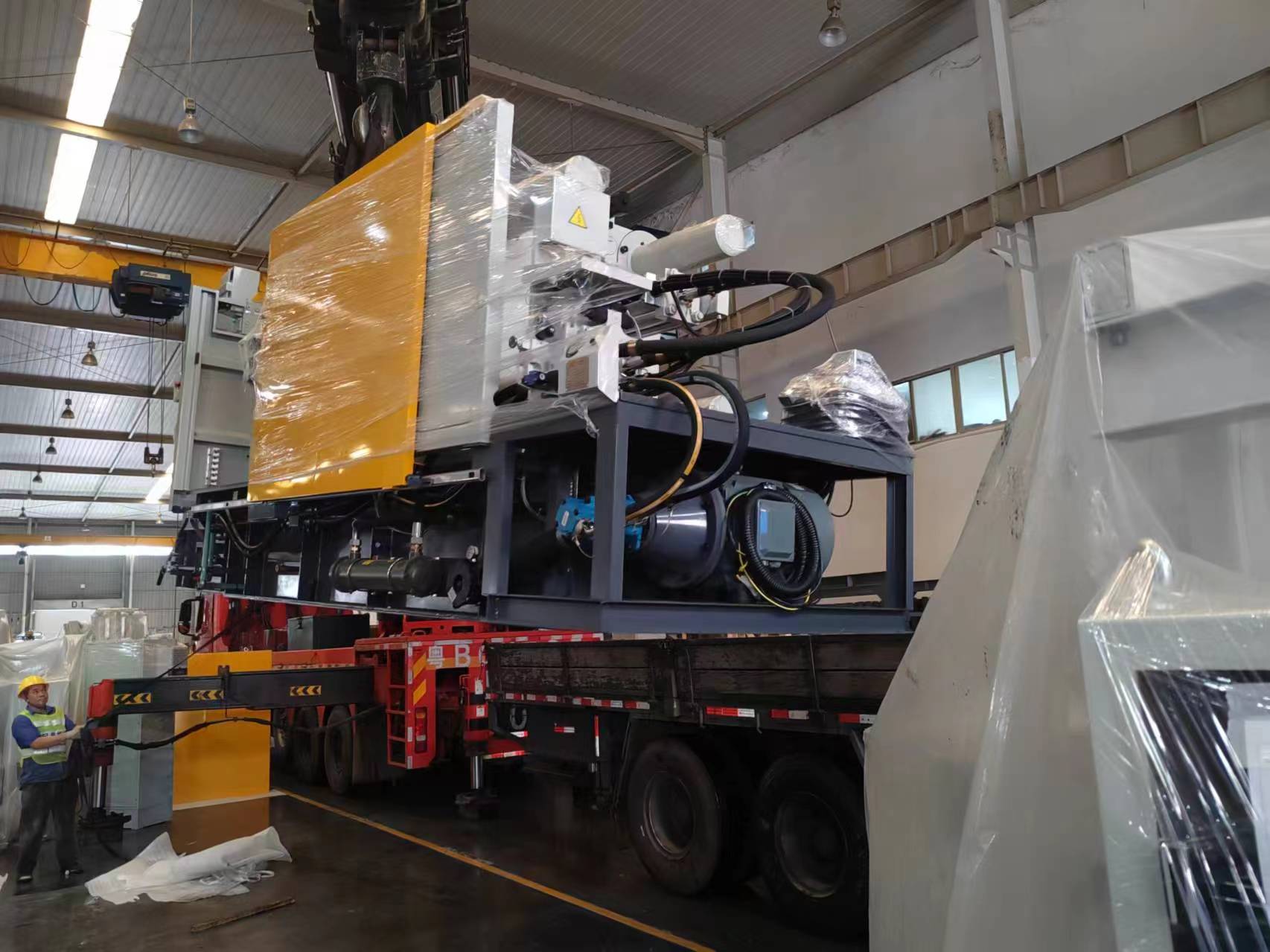
As an important part of modern manufacturing, the die casting
industry involves high-temperature treatment of metal materials,
so the heating solution is crucial in the entire die casting process.
Whether it is aluminum, zinc, magnesium and other metals, the
efficient operation of the die casting machine is inseparable
from scientific heating technology. This article will explore
the die casting heating solution in depth, focusing on how to
improve the efficiency of the die casting process, improve
product quality and extend the life of the equipment.
The die casting machine is mainly composed of a clamping mechanism,
an injection mechanism, a hydraulic system, an electrical control
system, etc. Its working process is as follows:
1. Clamping: The moving mold and the fixed mold are closed to
form a closed mold cavity.
2. Injection: The molten metal is injected into the mold cavity
at high speed and high pressure under the action of the injection
mechanism.
3. Pressure holding: After the molten metal fills the mold cavity,
a certain pressure is maintained to solidify the casting under
pressure.
4. Mold opening: After the casting solidifies, the movable mold
is separated from the fixed mold and the casting is taken out.
In the die casting process, heating plays a key role
The appropriate heating temperature can ensure the fluidity of
the molten metal and improve the quality and production efficiency
of the casting.
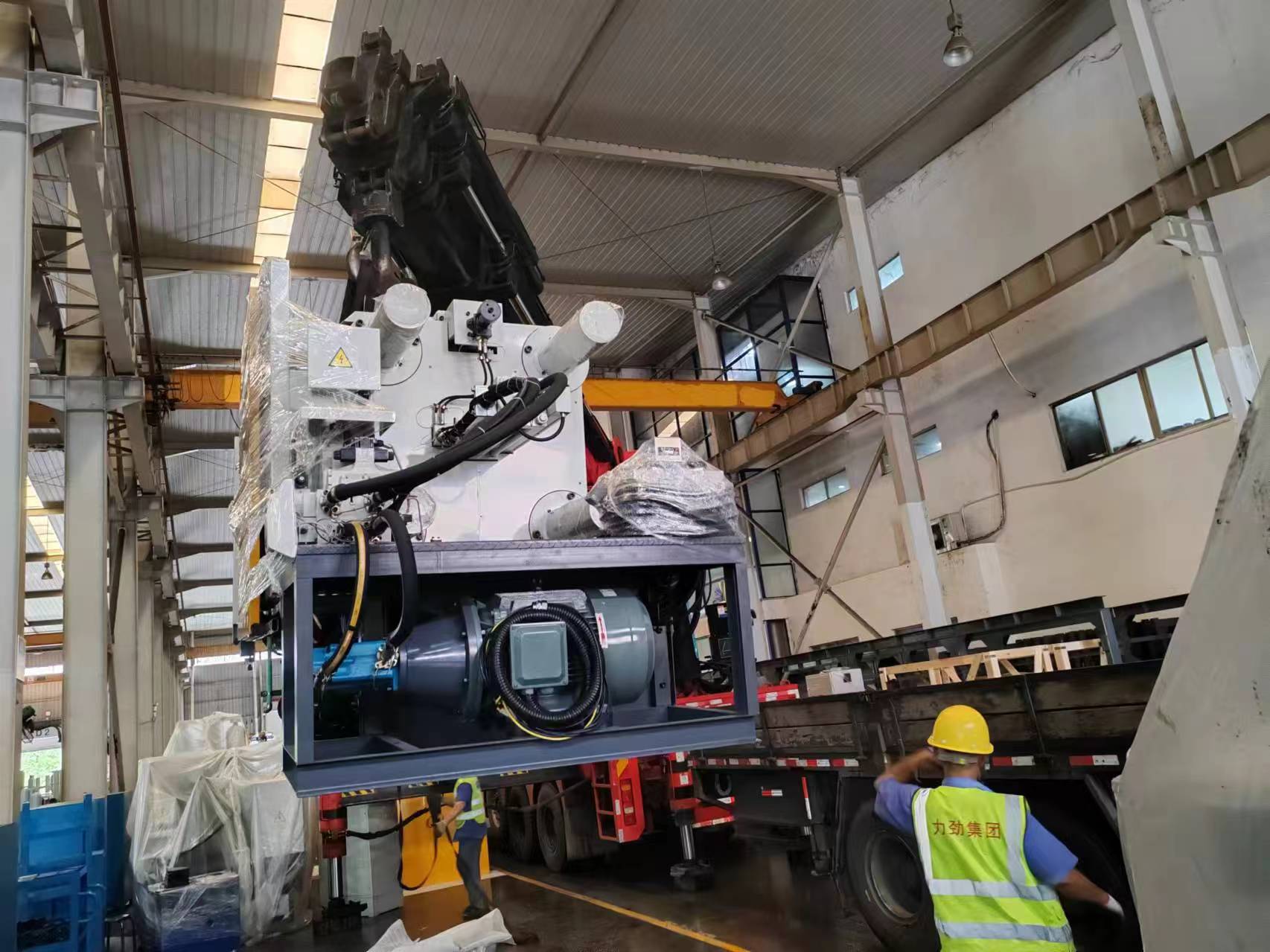
What is die casting heating?
Die casting heating mainly refers to the heating process required
for each step in the die casting process, such as melting of metal
materials, preheating of molds, and insulation of molten metal.
In order to ensure the quality of die castings and the life of molds,
heating must be precisely controlled to avoid excessive or insufficient
heat treatment affecting the process effect.
The importance of die casting heating in the process
In the operation of the die casting machine, the heating solution
directly determines the density, surface finish and internal structure
quality of the casting. For different metal materials, such as aluminum,
zinc or magnesium, the optimal melting and insulation temperatures are
different, so it is necessary to select heating equipment and solutions
in a targeted manner.
1.Improve the fluidity of molten metal
The fluidity of metal in a molten state directly affects the molding
quality of the casting. By heating, the molten metal can be kept
within a suitable temperature range, improve its fluidity, and reduce
defects inside the casting.
2. Ensure the quality of castings
The appropriate heating temperature can make the casting shrink evenly
during the solidification process, reducing the occurrence of defects
such as cracks and pores. At the same time, heating can also improve
the surface quality of the casting and make it smoother.
3. Improve production efficiency
Heating can shorten the solidification time of the molten metal and
improve the production efficiency of the die-casting machine.
In addition, a reasonable heating scheme can also reduce the energy
consumption of the equipment and reduce production costs.
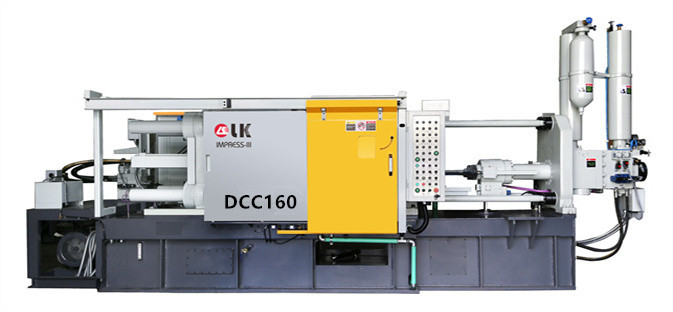
Mold preheating
Mold preheating is an important step to ensure the quality of casting.
Unpreheated molds will cause uneven thermal stress due to sudden heating,
which will cause cracks or deformation. Correct mold preheating can
reduce casting shrinkage and surface defects, while increasing the
life of the mold.
Metal liquid insulation
During the die-casting process, keeping the molten metal within a
stable temperature range helps to obtain uniform castings. Too high
a temperature can easily lead to metal oxidation and pores, while too
low a temperature may cause insufficient metal fluidity, resulting
in a rough casting surface or incomplete filling.
Metal melting
Metal melting is the core of the die-casting process. Modern die-casting
machines achieve efficient and precise melting processing through
electric heating, induction heating and other methods, which not only
improves the melting speed but also reduces energy consumption.
Common die-casting heating solutions
Depending on the different metals and die-casting process requirements,
the current die-casting industry uses a variety of heating technologies,
and each solution has its own unique advantages.
1. Electric heating furnace
Electric heating furnace is a commonly used melting equipment, suitable
for most die-casting machines, especially for the melting of aluminum
and zinc alloys. Its main advantages are accurate temperature control,
easy use, and relatively environmentally friendly. Direct heating by
electric energy avoids the pollution and waste of traditional fuels.
2. Induction heating
Induction heating is an efficient way to heat metals, especially
for large-scale production. Induction heating can quickly melt
metals and maintain stable temperatures through the principle of
electromagnetic induction. Compared with electric heating, induction
heating is more efficient and consumes less energy, and is suitable
for frequent use in high-pressure die-casting machines.
3. Gas heating furnace
Gas heating furnace uses fuels such as natural gas, which is suitable
for large-scale production scenarios and has the characteristics of
low cost and fast heating. However, compared with electric heating
and induction heating, gas heating is slightly insufficient in temperature
control accuracy and environmental protection.
4. Infrared heating
Infrared heating is an emerging die-casting heating technology, mainly
used for mold preheating. Its advantages are fast heating speed, which
can effectively reduce energy consumption, and infrared rays can directly
penetrate the mold surface to achieve uniform internal heating.
How to choose a suitable heating solution?
When choosing a suitable die-casting heating solution, you need
to consider the following factors:
1. Material type
Different metals have different melting points and fluidity. For example,
aluminum has a low melting point and is suitable for electric heating
furnaces; while magnesium is more ideal for induction heating due to
its strong activity.
2. Type of die-casting machine
Die-casting machines can be divided into hot chamber die-casting machines
and cold chamber die-casting machines, and the requirements for
heating methods are different. Hot chamber die-casting machines
are suitable for low melting point metals, such as zinc, and usually
have a built-in metal melting furnace; cold chamber die-casting
machines are suitable for high melting point metals, such as aluminum
and magnesium, and require an external independent melting furnace.
3. Production scale
Large-scale production has high requirements for heating efficiency,
and induction heating has obvious advantages in this situation.
For small-batch production, electric heating furnaces may be a more
economical choice.
4. Environmental protection and energy consumption
Modern manufacturing pays more and more attention to environmental
protection and energy consumption control. Compared with traditional
gas heating, electric heating and induction heating are more environmentally
friendly and have lower energy consumption, so they are gradually
becoming the mainstream choice.
Innovative trends in die-casting heating
With the advancement of science and technology, die-casting heating
technology is also constantly innovating. The following are several
trends worth paying attention to:
1. Intelligent heating control
Combined with the Internet of Things technology, the heating equipment
of the die-casting machine can achieve remote monitoring and automatic
adjustment. Through real-time data feedback, the heating system can
automatically adjust the temperature according to production needs
and improve production efficiency.
2. Energy-saving and environmental protection technology
Energy-saving technology has become a key development direction of the
die-casting industry. New heating equipment is more energy-efficient,
reduces energy consumption and carbon emissions, and is in line with
the current trend of green manufacturing.
3. Hybrid heating technology
Hybrid heating technology combines the advantages of electric heating,
induction heating and gas heating, and can switch heating methods
at different process stages to achieve maximum efficiency and flexibility.
Conclusion
The die-casting heating solution is a key link to ensure efficient
operation of the die-casting machine and stable product quality.
By choosing the right heating technology, it can not only improve
production efficiency and reduce energy consumption, but also extend
the service life of the mold.
With the advancement of science and technology, die-casting heating
technology will also develop in the direction of intelligence and
energy saving, helping the die-casting industry to make greater
progress in the future.
For more info, you can refer to:
https://www.tiktok.com/@lk_diecastingmachine/video/7405113006880820522
https://www.youtube.com/shorts/JLX410QV_kw
To learn further info about Die Casting Machines,
pls contact LK Die Casting Machine Authorized Official Agent
LK OFFICIAL AGENT OFFICE DCM
LK Die Casting Machine Authorized Official Agent for Egypt(EGY)
Saudi Arabia(ksa)
United Arab Emirates(UAE)
The Islamic Republic of Iran(Iran)
Qatar(QAT)
The State of Kuwait(Kuwait)
The Middle East
Address: 1. Industry Zone, South of Port Said Kebly, Cairo, Egypt
2. EX 14., EASTERN RING ROAD, AI RAYAN DISTRICT,
RIYADH, SAUDI ARABIA
Arabic Website: https://ae.zazdiecasting.com/
English Website: https://www.zazdiecasting.com/
Phone/WhatsApp/Wechat: 0086 13598704163
Mobile: +20 101 304 3317 +20 150 181 8310
Email: jack@zazmae.com ahmedmahmoud@zazmae.com
OTHER CONTENT
-
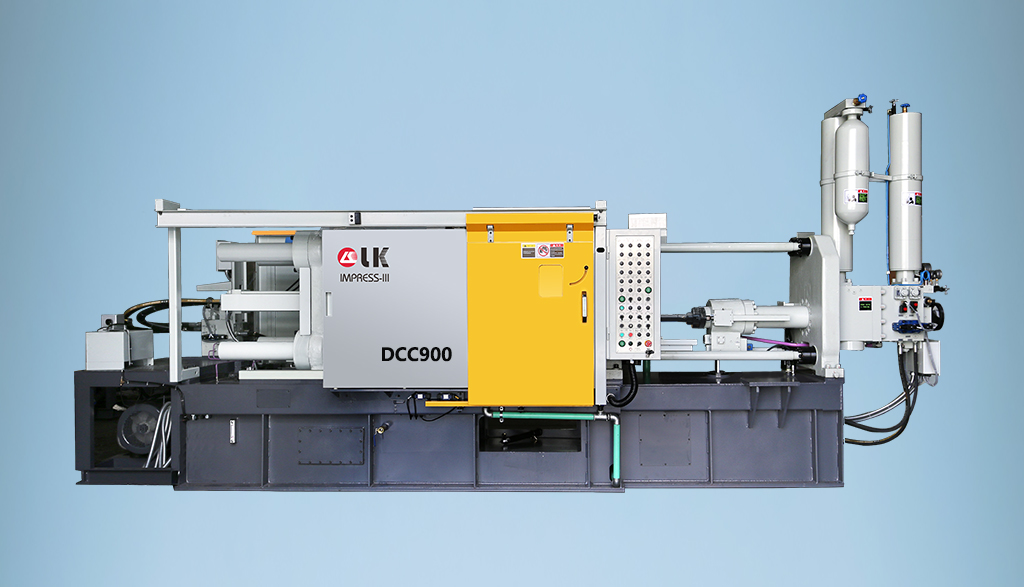
2024-09-19 14:16:15 LK Cold Chamber Die Casting Machine DCC900 Locking Force: 9000KN Die Height: 400-1000mm Space Between Tie Bars: 930x930mm Shot Weight: 13.5Kg Casting Area Max:2250c㎡
More -
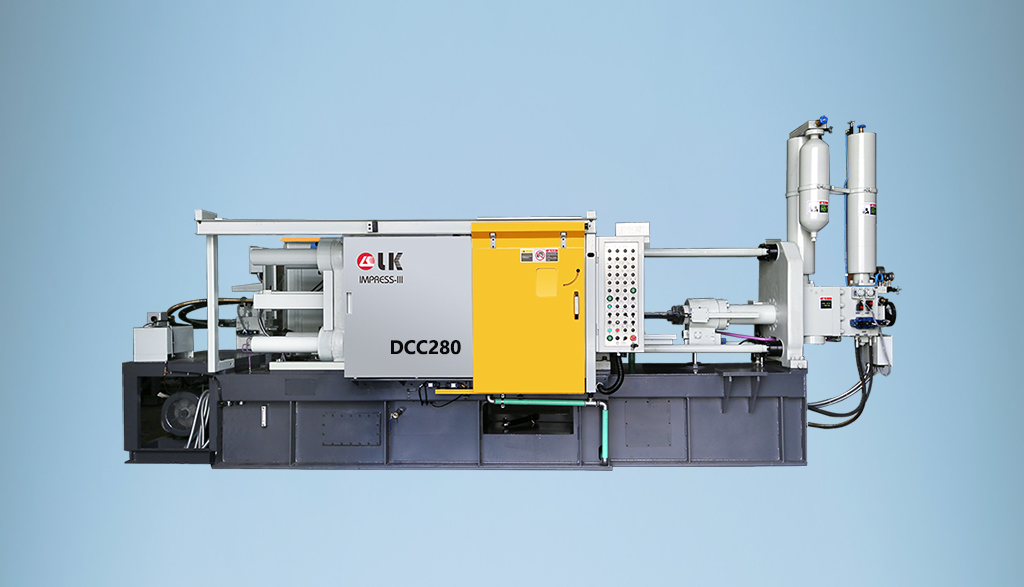
2024-09-19 14:11:06 LK Cold Chamber Die Casting Machine DCC280 Locking Force: 2800KN Die Height: 250-650mm Space Between Tie Bars: 560x560mm Shot Weight: 2.9Kg Casting Area Max:700c㎡
More -
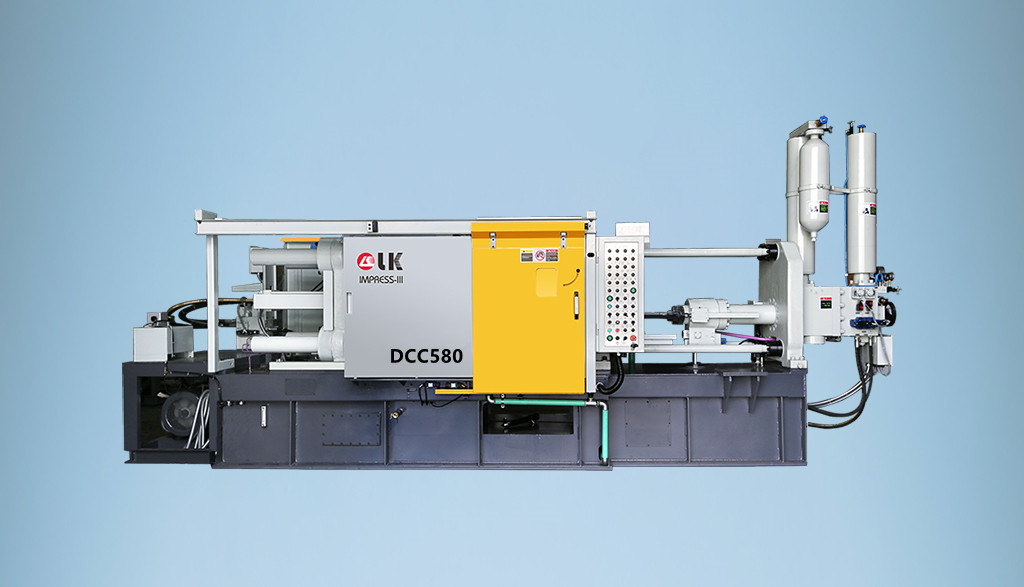
2024-09-19 10:23:07 LK Cold Chamber Die Casting Machine DCC580 Locking Force: 5000KN Die Heigh: 350-850mm Space Between Tie Bars: 760x760mm Shot Weight: 6.9Kg Casting Area Max:1250c㎡
More -
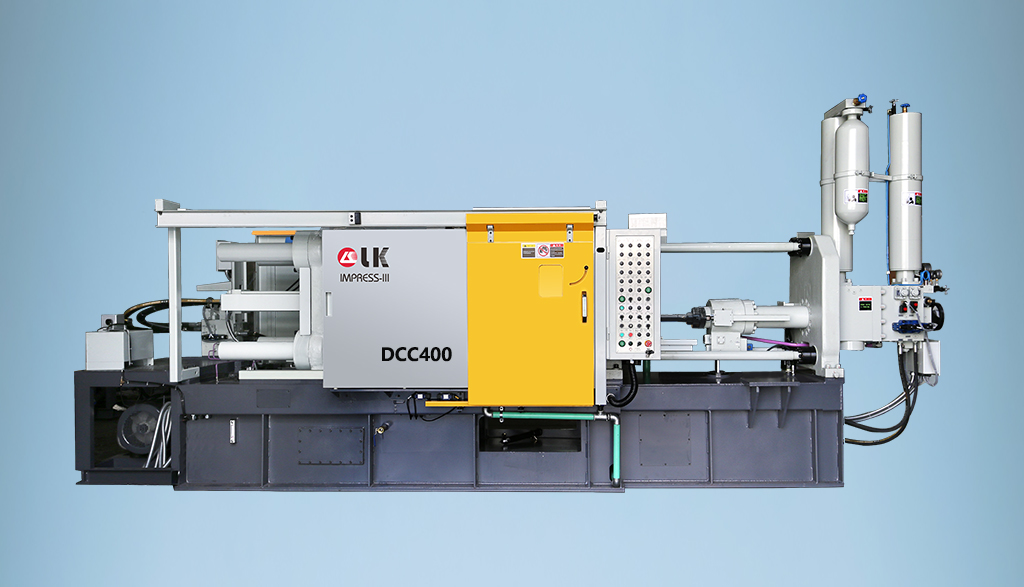
2024-09-19 10:11:20 LK Cold Chamber Die Casting Machine DCC400 Locking Force: 4000KN Die Height: 300-700mm Space Between Tie Bars: 669x669mm Shot Weight: 4.7Kg Casting Area Max:1000c㎡
More

